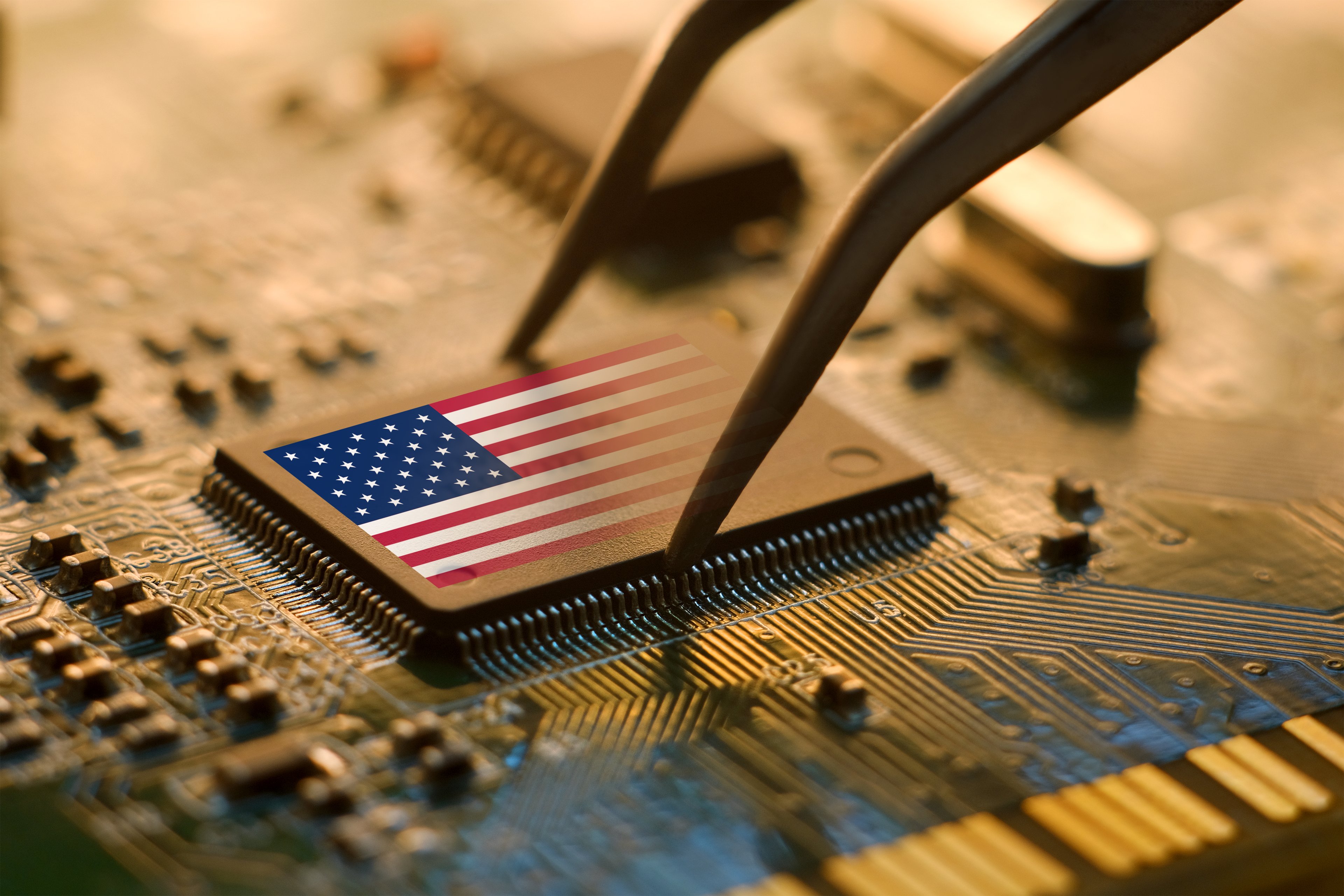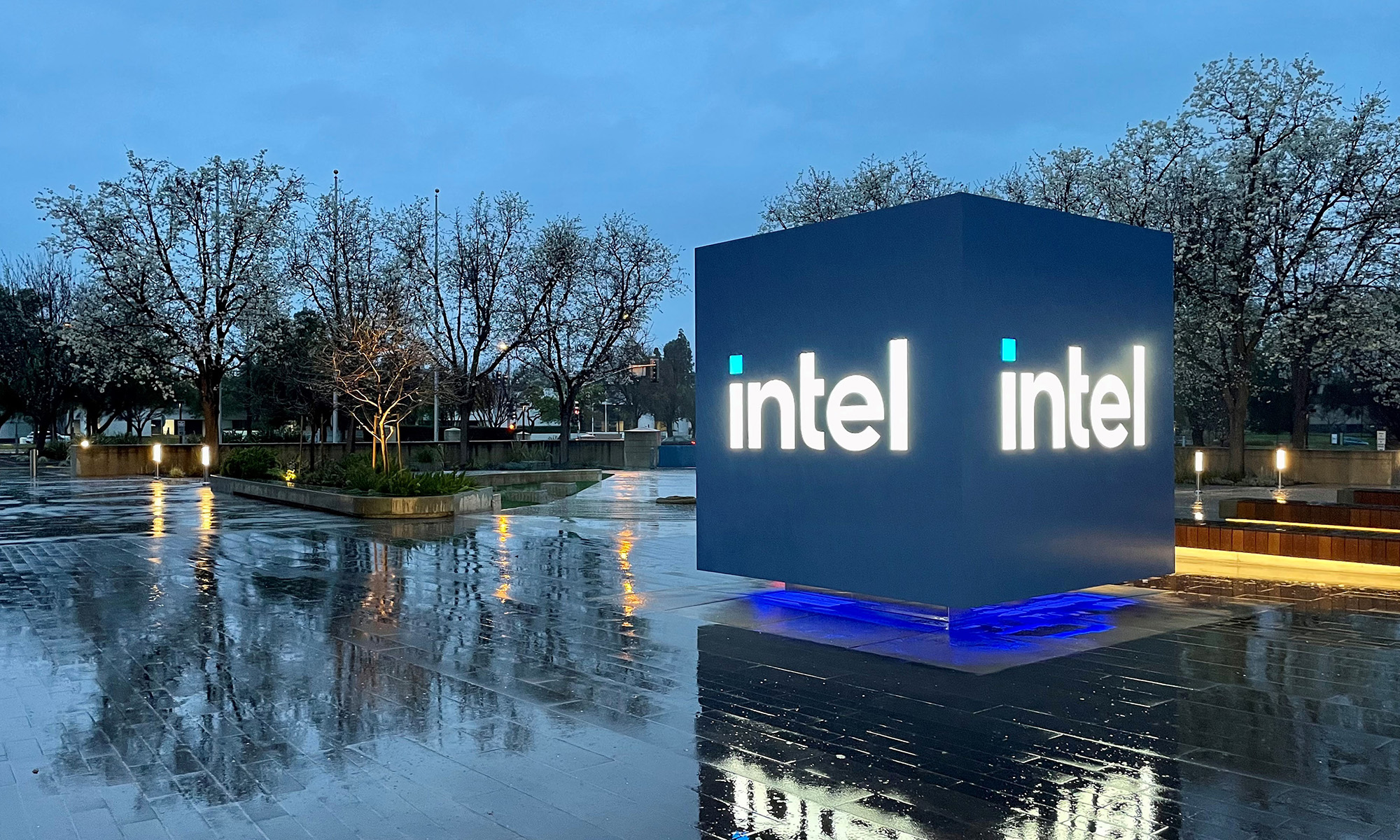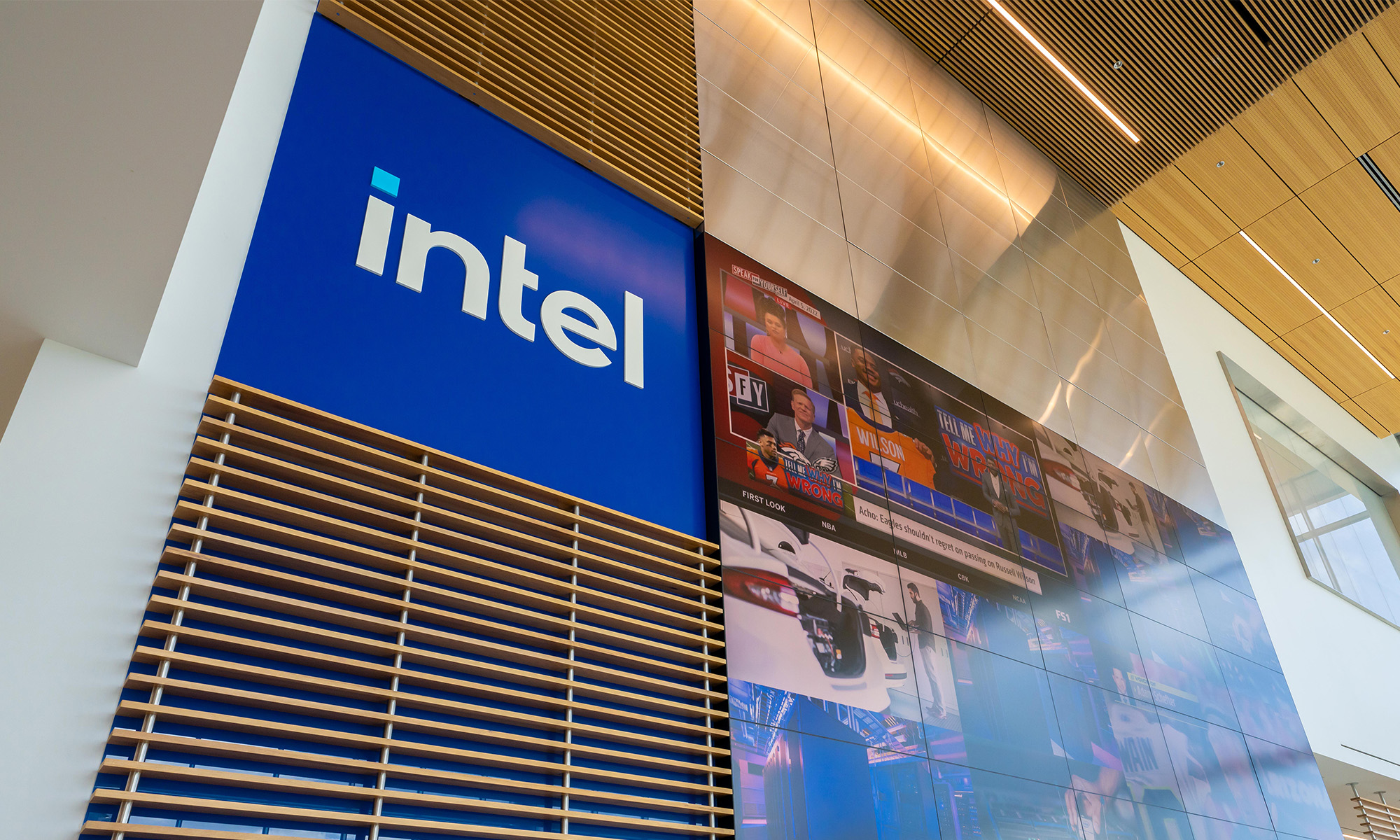Passing on the iPhone was one of Paul Otellini's biggest regrets. The former CEO of Intel (INTC +4.80%) had the opportunity for Intel to power Apple's (AAPL +0.80%) game-changing device, but the two companies couldn't agree on price. No one could have predicted the revolutionary impact the iPhone would have on the global smartphone industry.
Apple ended up turning to Samsung for mobile processors, and the South Korean conglomerate is still the Mac maker's only foundry partner, even though Apple now designs its custom A-chips in-house these days. It's no secret that Apple's relationship with Samsung has seen better days, and the company is widely expected to ditch Samsung for chip manufacturing as soon as prudently possible.
Well, Intel has another opportunity to get its silicon into the iPhone, even if now it's vying to just manufacture Apple's designs. The two reported candidates seeking to win Apple's foundry business from Samsung are Intel and Taiwan Semiconductor Manufacturing (TSM +5.35%). Is Intel about to miss another Apple opportunity due to price?
Chip talk
Nomura analyst Romit Shah believes that may be the case, saying a possible deal between Intel and Apple is now "less certain." Talks have reportedly stalled and while there are many possible hurdles, price is likely the "key factor." Shah estimates that Samsung's wafer prices are 20% to 30% cheaper than what Intel is asking for. The analyst sees Taiwan Semiconductor scoring Apple's chip business this year with the A7/A7X processors, and potentially next year as well. Apple might even go back to Samsung in 2015 for the A8X, in Shah's view.
Shah's timeline seems a little off. Apple usually progresses chip generations each year, which would put A8/A8X in 2014 and A9/A9X in 2015. Regardless, Intel could be at risk of missing out again if Samsung and TSMC undercut its foundry pricing.
This illustrates the difficult dilemma that Intel has faced in mobile. Intel's chips have always come at a premium relative to ARM-based alternatives, and trying to be cost competitive would put pressure on margins. It's unlikely that Intel can't price competitively with Samsung and TSMC, but rather the company is probably hoping to maintain its healthy margin profile and won't budge.
Intel tends to rely heavily on data and forecasts. Unfortunately, the company's predictions were way off on the original iPhone, and Otellini admitted that he should have just followed his gut. What will Intel's new CEO, Brian Krzanich, do?








